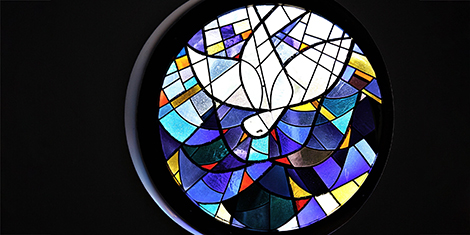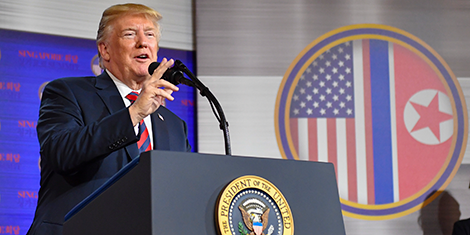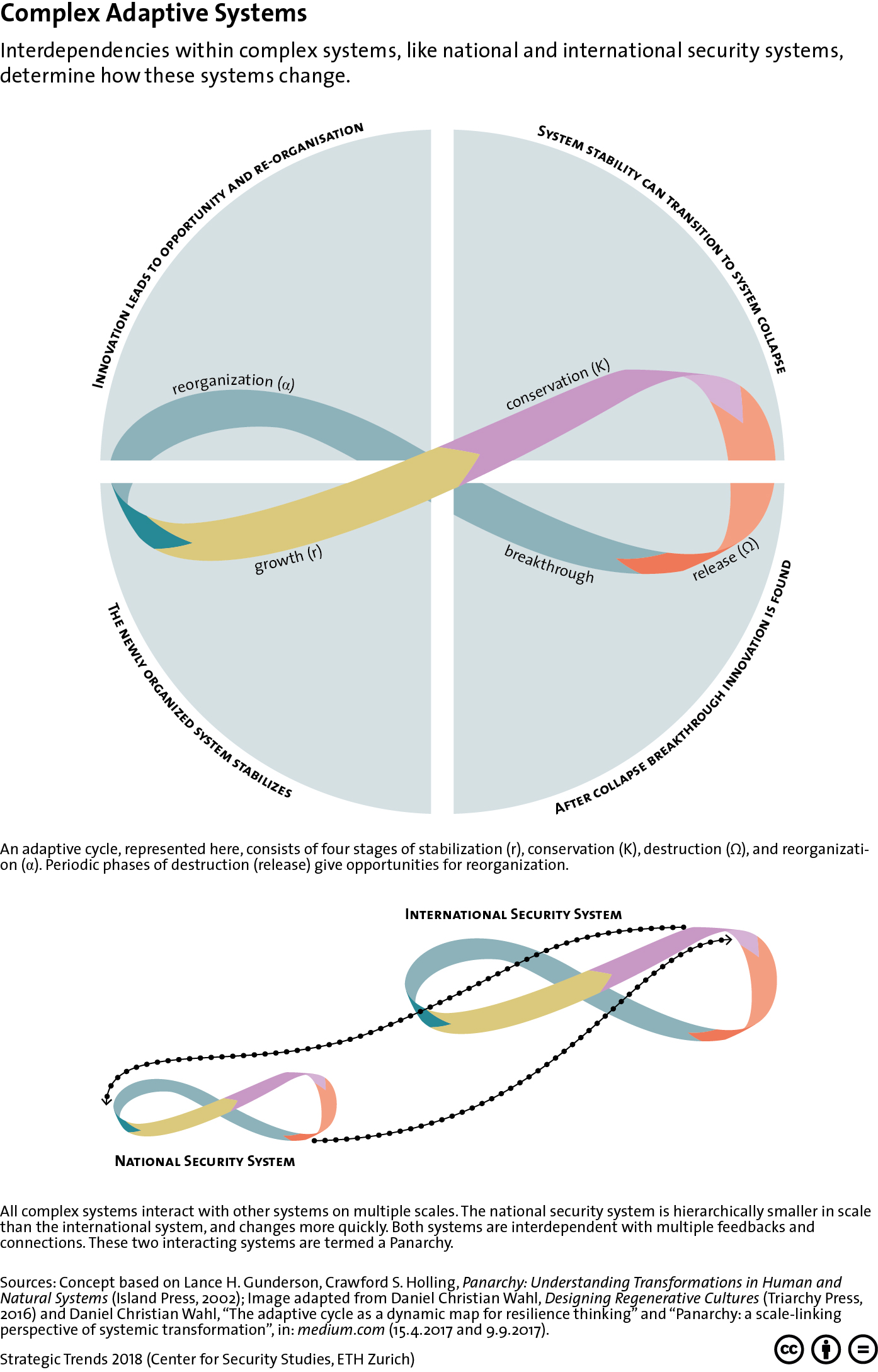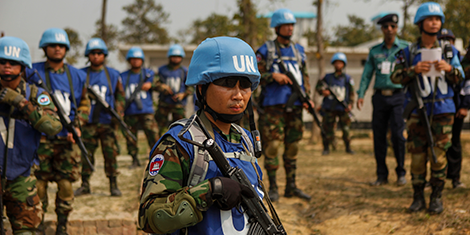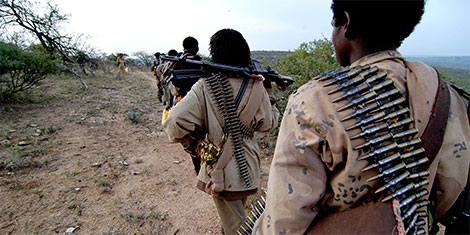
This article was originally published by Political Violence @ a Glance on 24 January 2018.
The finding that violent conflict has declined, especially after the Cold War, has generated a great deal of interest. Much of the initial debate focused on whether the claim itself is correct, but the finding itself seems robust in the sense that that the number and severity of violent conflicts has declined in most data sources. However, there has been less attention to why violent conflict has declined. This is unfortunate, since the confidence in stability and the expected future outlook ultimately depends on understanding the possible causes of the decline.

